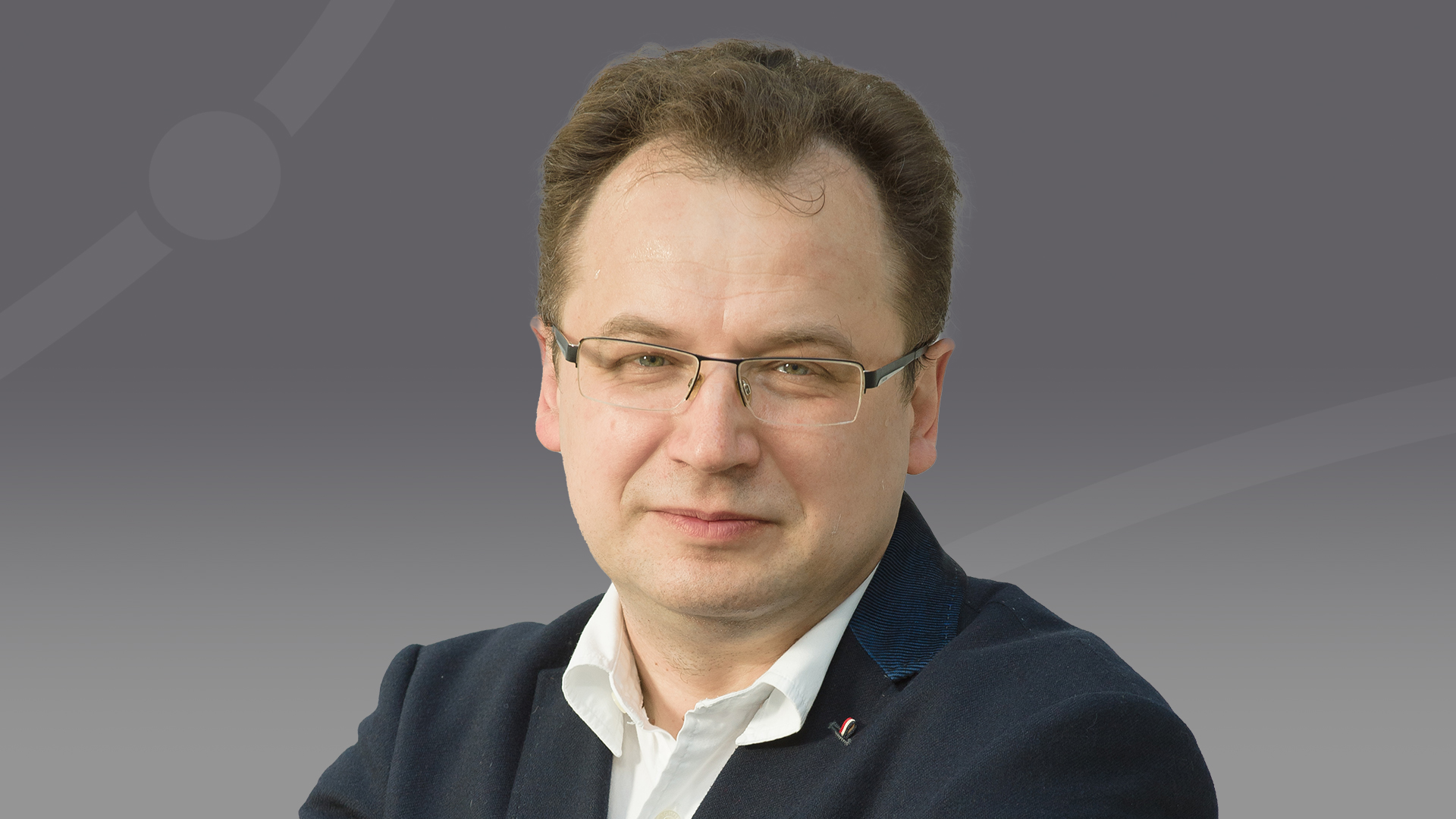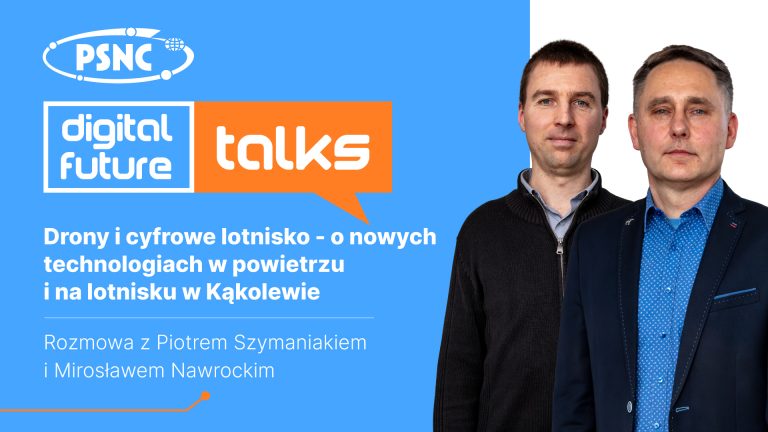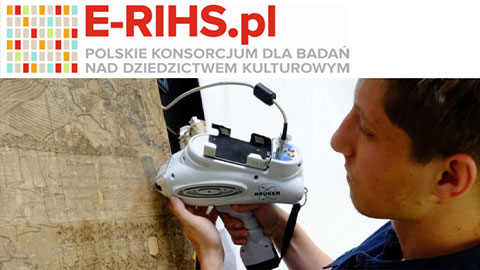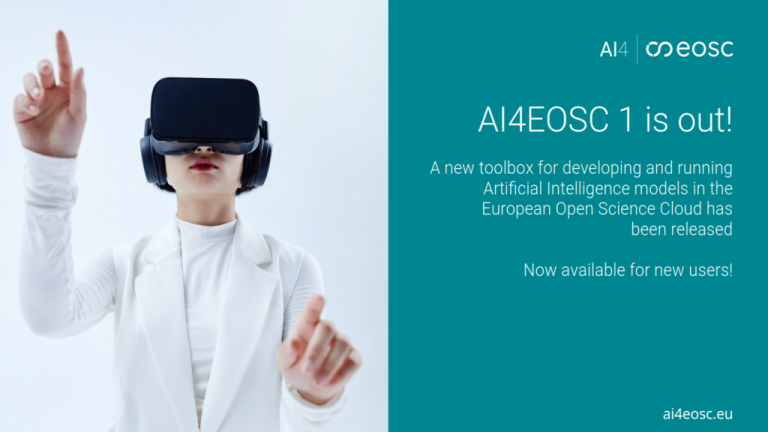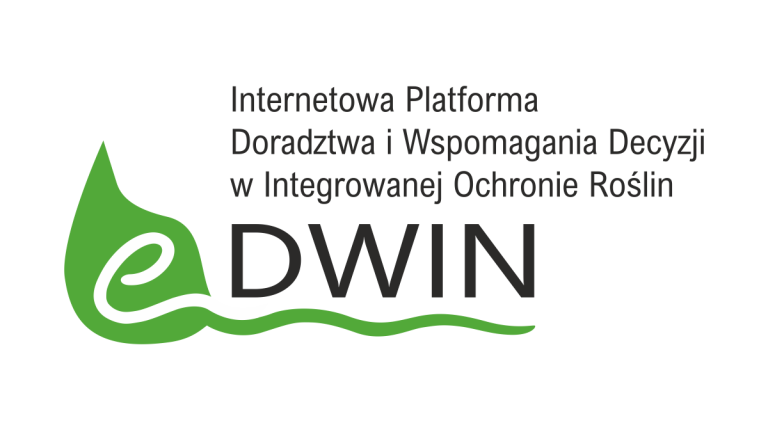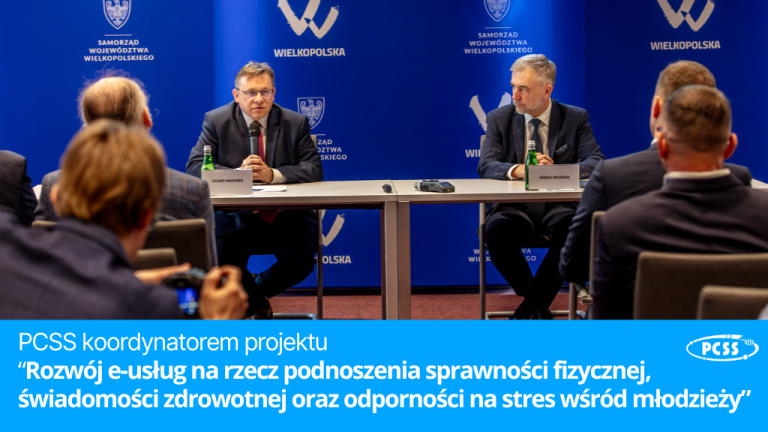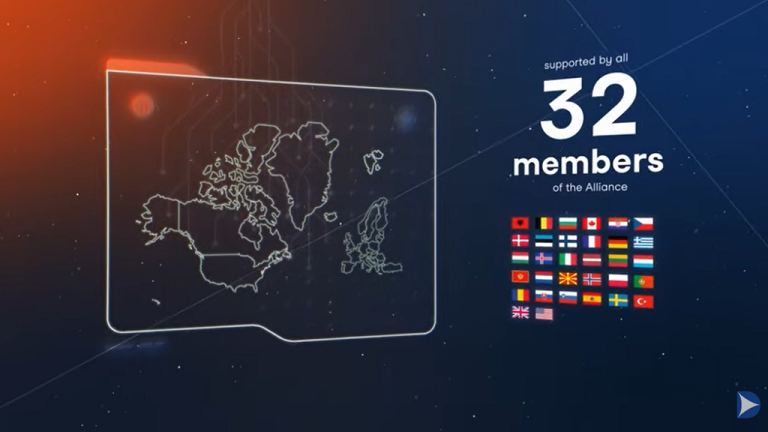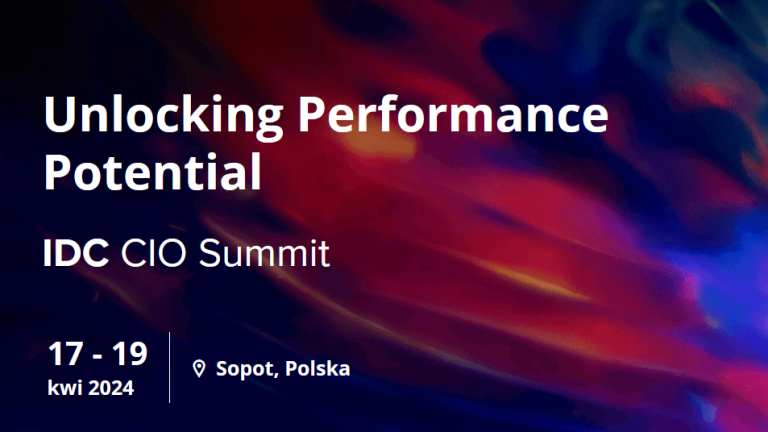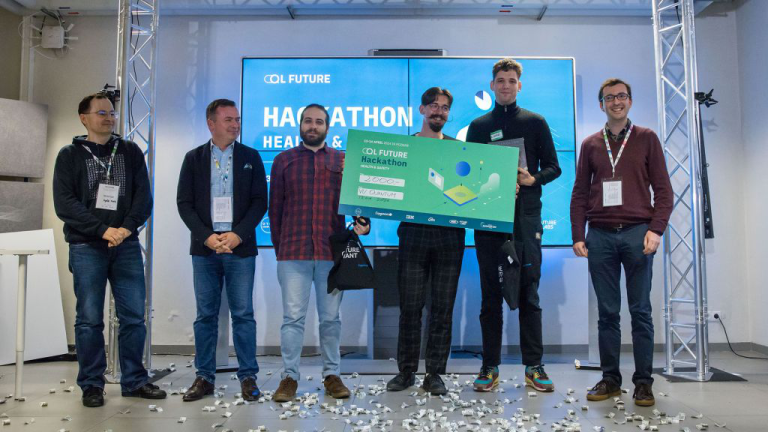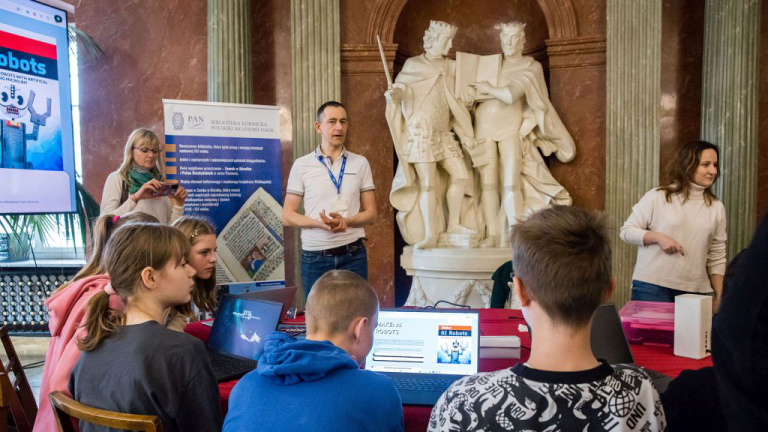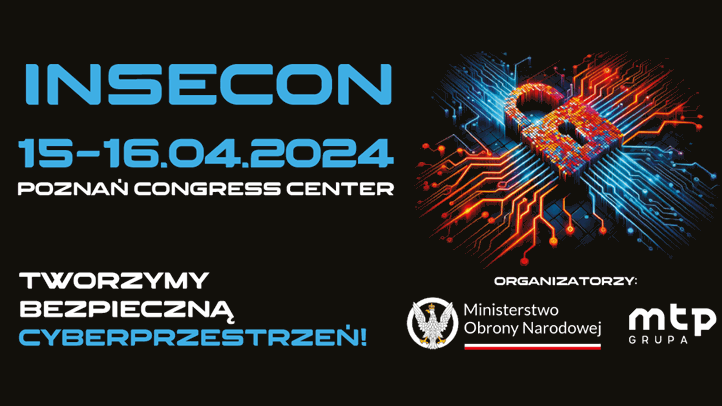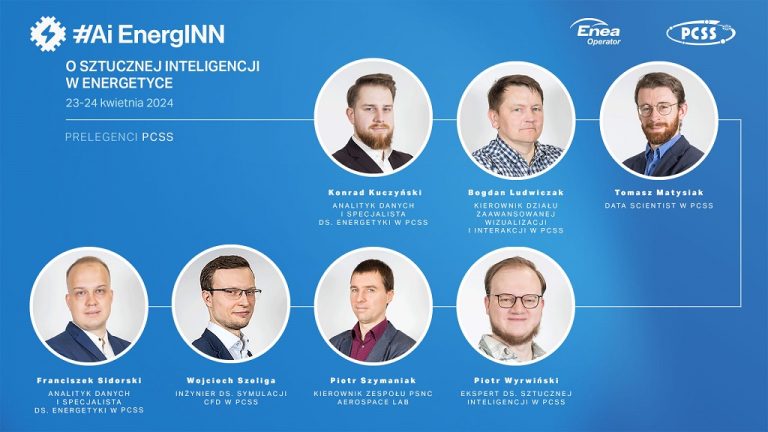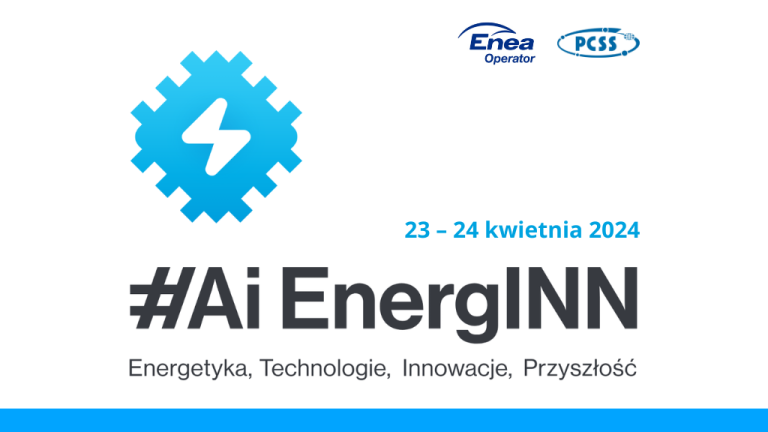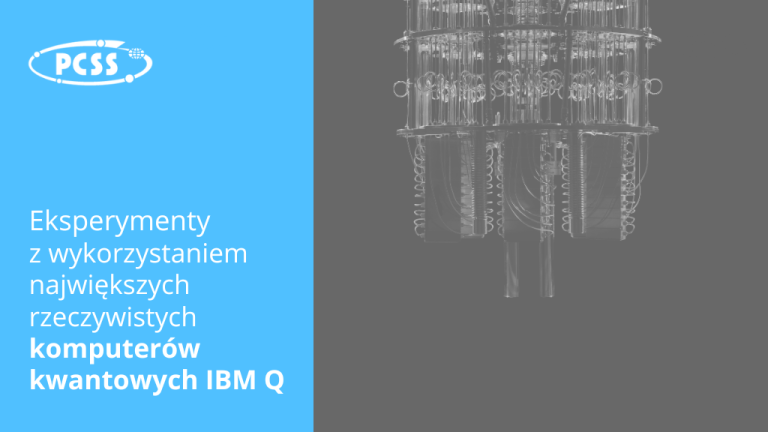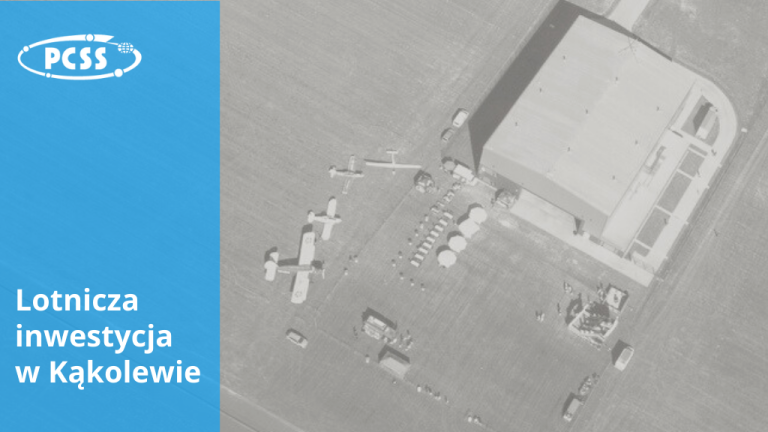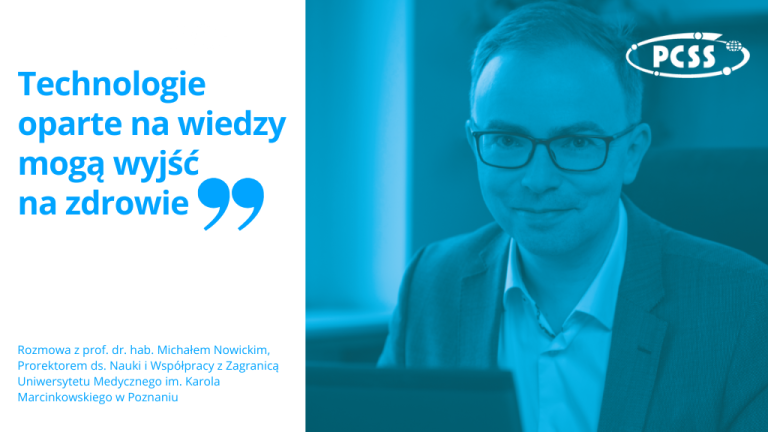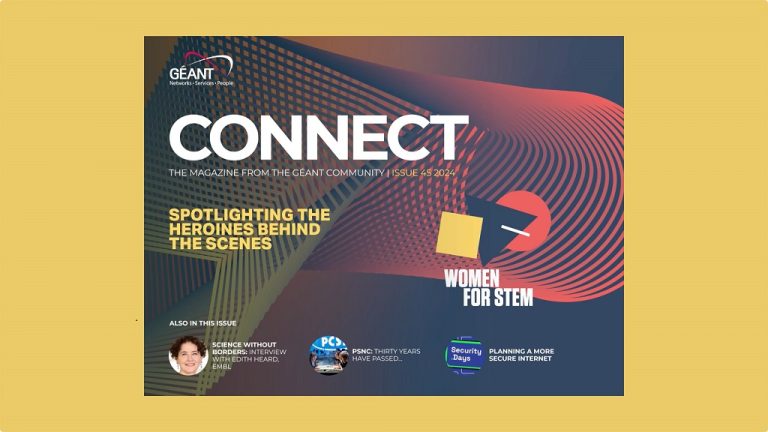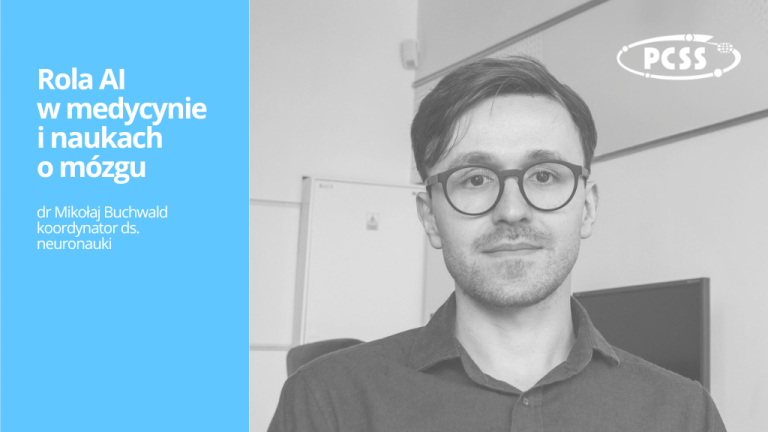We invite you to the fifth PSNC seminar, which will be held on Monday, January 24, 2022 at 2:30 PM. This time the speaker will be Prof. Dr. Andrzej Krankowski from the University of Warmia and Mazury in Olsztyn, who will present the topic “Ionosphere and space weather”.
This event is organized as part of a series of PSNC open seminars entitled “Challenges for the IT infrastructure of science in the era of digital transformation”, and the seminar will be moderated by the PSNC Network Services Division Manager – MSc. Robert Pękal.
Prof. Andrzej Krankowski, PhD has been working at the Faculty of Geoengineering of the University of Warmia and Mazury in Olsztyn since 1994. In 2012, he was awarded the title of professor. Since 2007, he has been the Head of the Satellite Observatory in Lamkówek and the originator of the Space Environment Radio Diagnostics Center established in 2014, aimed at acquiring and implementing a number of scientific, research and implementation projects for the European Space Agency and observation projects for the International LOFAR Telescope (ILT).
His scientific achievements include over 90 papers published in numerous international scientific journals included in the Journal Citation Reports list; including Nauture, Astrophysical Journal Letters, Astrophysical Journal, Astronomy and Astrophysics, Monthly Notices of the Royal Astronomical Society, Journal of Geophysical Research, Space Weather, Journal of Space Weather and Space Climate, Earth System Science Data, Measurement, Romote Sensing, Sensors, Journal of Atmospheric and Solar-Terrestrial Physics, Advances in Space Research, Radio Science, Physics and Chemistry of the Earth, Earth, Planets and Space (EPS), Journal of Geodesy or GPS Solutions.
Prof. Krankowski conducts extensive and innovative scientific and research activity in the field of geophysics of the upper layer of the Earth’s atmosphere – the ionosphere and radio astronomy. His scientific research includes monitoring “space weather”, the ionosphere and the solar-magnetosphere-ionosphere system. Prof. Krankowski developed a number of algorithms enabling the monitoring of the ionosphere with high spatio-temporal resolution, enabling, among others, global and regional Total Electron Content mapping with a 5-minute time resolution, real-time study and monitoring of ionospheric fluctuations and scintillations at medium, high and polar latitudes, changes in the plasmospheric part of the ionosphere, ionospheric response caused by solar flares, solar eclipses or seismic effects, using GNSS satellite data, Formasat-3/COSMIC satellite mission, SWARM, in-situ measurements or ground-based ionosonde networks
Prof. Krankowski delivered over 250 papers, including 40 invited papers, at high-level international congresses and scientific symposia; e.g. General Assembly of the European Geosciences Union (EUG) in Vienna, China Satellite Navigation Conferences, International Beacon Satellite Symposium (BSS), International Union of Radio Science (URSI) General Assembly & Scientific Symposium, Committee for Space Research (COSPAR) Scientific Assembly, International Ionospheric Effects Symposium in Alexandria, USA, URSI Atlantic Radio Science Conference (URSI AT-RASC) in Gran Canaria, Spain, International Symposium on Equatorial Aeronomy in Bahir Dar, Ethiopia, International Reference Ionosphere Workshop, International GNSS Service (IGS) Workshops and American Geophysical Union (AGU) Fall Meetings in San Francisco.
Prof. A. Krankowski is a member of a number of international and domestic scientific institutions. Since 2008, he has been a member of the Board of the International GNSS Service (IGS), chairman of IGS Ionospheric Working Group and IGS Ionospheric Product Coordinator, in 2008-2015 he was a member of steering committees, as the national representative of Poland, of European Union projects as part of two COST actions: ES0803 ” Developing space weather products and services in Europe “and MP1104:” Polarization as a tool to study the Solar System and beyond “, in 2011-2015 Prof. Krankowski was a member of the steering committee of the Commission 4” Positioning and Applications “of the International Association of Geodesy (IAG), scientific secretary of Sub-Commission 4.3 “Remote sensing and modeling of the atmosphere of the International Association of Geodesy (IAG), chairman of the working group” Standards for space weather products for geodetic and ionospheric studies “working within Subcommittee 4.3 IAG, since 2006 he is a member of the working group” Basic space research “- is the leader of the group” Ionosphere diagnostics using GN observations SS “, in 2011-2015 he was an expert of the National Science Center in the ST9 panel”Astronomy and space research”, since 2015 he is an expert of the priority program “Dynamic Earth of the German Research Foundation (DFG) for the development of data from the SWARM satellite mission, since 2015 He is a member of the Management Board of the International LOFAR Telescope, the largest radio inferometer in Europe that records radio signals from distant radio sources at low frequencies, as the national representative of Poland and president of POLFARO. The POLFARO consortium brings together 9 Polish radio astronomical and geophysical scientific institutions. From 2016, as part of the International LOFAR Telescope, Prof. Krankowski is a member of the KSP steering committee “Sun and Space Weather”, co-chair of the Beacon Satellite Studies Working Group at the International Union of Radio Science (URSI) Commission G, since 2011 a member of the National Committee of the International Union of Radio Science (URSI).
As a proof of the international recognition of the scientific and innovative level of research conducted by Prof. Andrzej Krankowski, he has won several large research and development projects at the European Space Agency (ESA) as part of international consortia bringing together European scientific and economic entities. He managed three ESA projects: “Ionospheric Sounding for Identification of Pre-Seismic Activity” INSPIRE “,” Monitor 2: Ionospheric Monitoring Network “and” Integrity of Ionospheric Models: INTIMOD “. As part of the first of these projects, Prof. Krankowski prepared research and scientific assumptions for the future ESA satellite mission to study and monitor the occurrence of seismic effects (including earthquake precursors) occurring in the ionosphere and to update the LAIC model (Lithosphere-Atmosphere-Ionosphere Coupling) with satellite measurements. The other two projects focused on the development of the European Galileo and EGNOS satellite systems, through the use of new real-time ionosphere processors.

